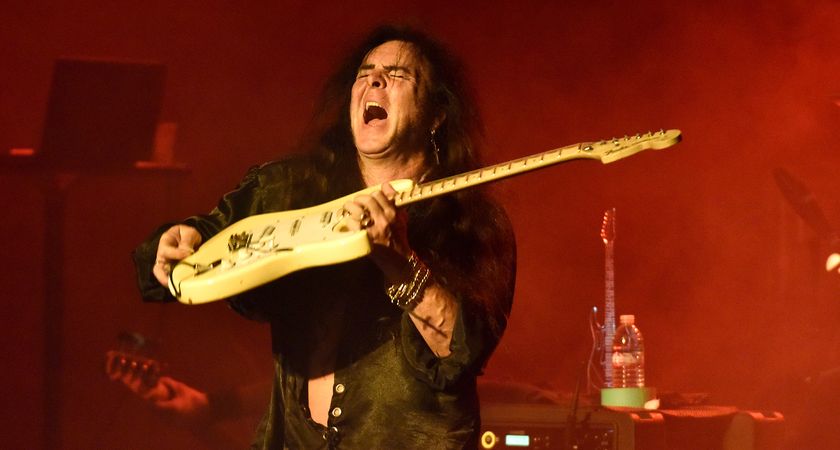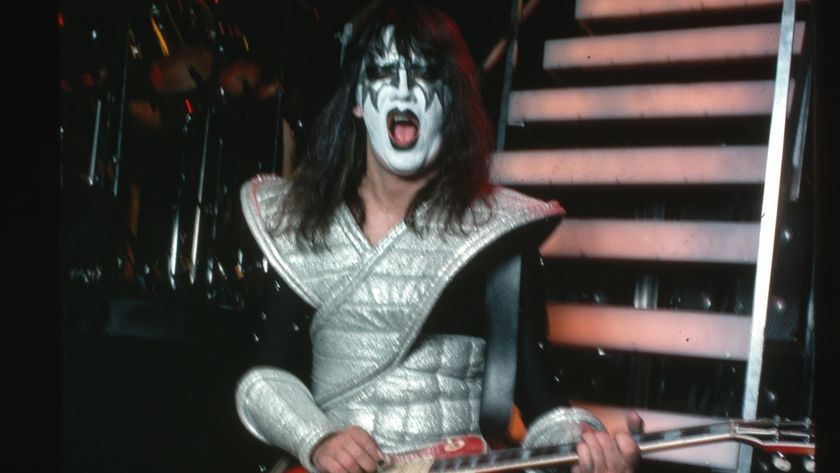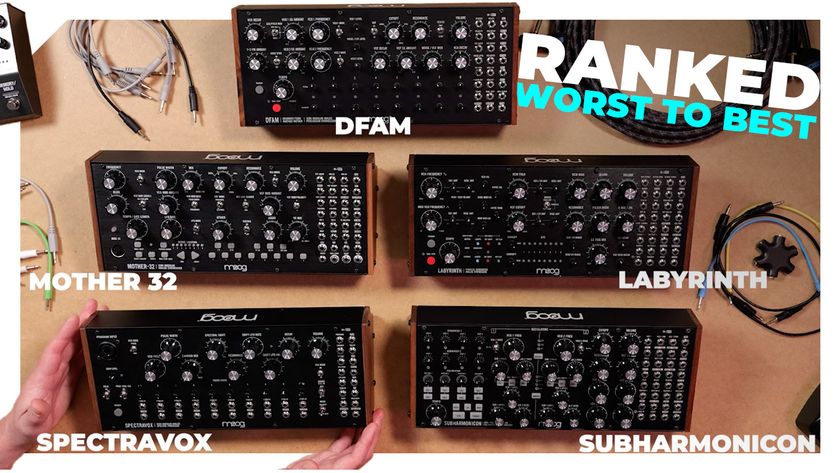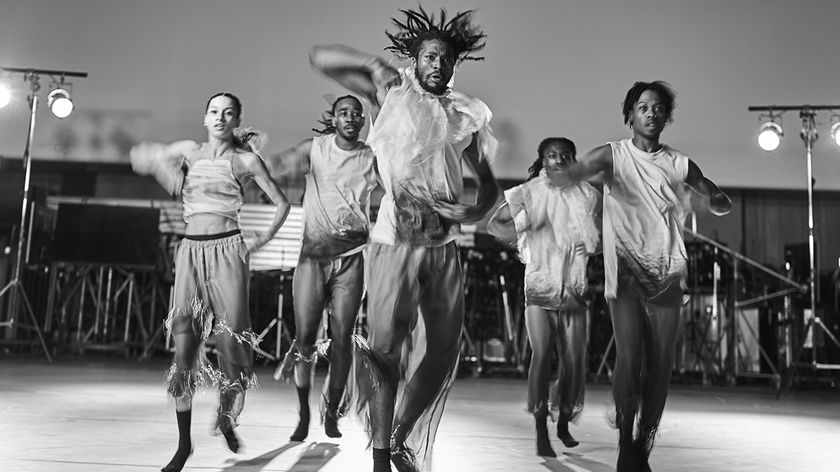Aerosmith defend Guitar Hero game
Guitar Hero version dedicated to Aerosmith is launched this month

Guitar Hero: Aerosmith

Guitar Hero: Aerosmith
The Guitar Hero game has spawned the weirdest phenomena. It's now pre-teen kids - and not just their dads - who are avid fans of '70s classic rock. And things accelerate with the first edition of the game devoted to just one band: Guitar Hero: Aerosmith, released June 2008.
Although bashing on a fake plastic axe in a video game is understandably looked down on by many 'real' musicians, Aerosmith bassist Tom Hamilton sees Guitar Hero's value. He says it brings the veteran US band's music to a new, younger audience and is also an easier sell than the traditional CD route.
"The game is really about the spirit of guitar music," Hamilton told The Associated Press. "It's all about being into music that sounds powerful, energetic and lush. You're rhythmically pushing buttons that create a certain reaction or sound along with the music. You can't say it doesn't have any musical relevance. It does.
"I guess it's one of those rewards that we get for keeping the band together. It might be the silver lining of the Napster cloud, too. Far more of this audience will hear our music via this game than if we had strenuously attempted to talk them into buying all of our CDs."
Plenty of people have argued that playing Guitar Hero does nothing to persuade kids to play real guitars, but one book publisher MusicRadar spoke to disagrees: sales of Hal Leonard's Guitar Hero-branded songbooks have been flourishing. Players of the game do seem to be getting real guitars and learning these tunes properly. Or, at least, they are trying.
The debate will rage on. Does Guitar Hero divert kids from playing a real instrument, or is it actually a smart way of pushing them towards buying a proper guitar?
Get the MusicRadar Newsletter
Want all the hottest music and gear news, reviews, deals, features and more, direct to your inbox? Sign up here.

“Those arpeggios... That was the sickest thing I ever heard”: Yngwie Malmsteen on why guitarists should take inspiration from players of other instruments if they want to develop their own style

“I used a flange on the main riff and a wah-wah on the solo. I just said, ‘Hit the record button and I’ll let it rip!’”: Kiss legend Ace Frehley on his greatest cult classic song










